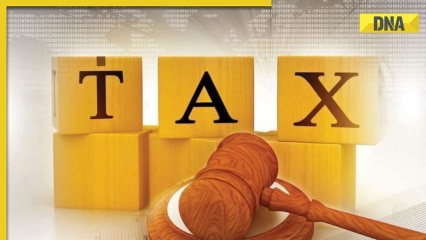How to reduce tax liabilities this fiscal year

Tax planning is one of the crucial components to reducing tax liability and increasing your savings. It tries to lower one’s tax obligations while making the best use of tax breaks, rebates, and advantages. More the disposable income the less tax one has to pay. This enables individuals to utilise all tac laws’ advantageous features in order to obtain maximum profit. It helps one to consider their finances and taxes from the start of the fiscal year rather than waiting until the very last minute. Since March 31 marks the conclusion of the fiscal year, it is imperative that you make tax-saving investments to increase your disposable income.
How to reduce total tax liabilities?
One of the most important factors while planning tax is to reduce tax liabilities. First, taxpayers should calculate their tax liability after taking into account any mandatory investments or payments that are eligible for a tax deduction, such as term insurance plans, HRA tax deductions, EPF contributions, home loan principal and interest repayments, NPS contributions included in their salary package (if any), and so on.
Reducing the portion of your gross income that is taxed is the key to lowering your tax obligation. Increase your retirement contributions, if possible. One simple option to lower your taxable income for the year is to contribute pre-tax money to an employer-sponsored retirement plan like a 401(k).
Individuals should invest in products that are applicable under section 80C such as PPF, ELS, Home loan repayment, payment of tuition fees, senior citizen saving scheme, sukanya samriddhi yojana and more.
By purchasing health insurance, you’ll be able to use section 80D of the tax code to deduct up to Rs 25,000 from your yearly premium payments. If the policyholder or their spouse is over 60, the deduction can be doubled to Rs 50,000.
You can deduct taxes from your wage if it contains a house rent allowance; otherwise, you cannot. You may be eligible for a tax deduction of up to Rs 60,000 under section 80GG if you are a salaried worker who pays rent but does not receive HRA.
For more news from the world of Bollywood, digital and television, stay tuned
[amazon new=”electronics” items=”3″]
Source link



